10 Futuristic Cities You Can Visit Today
As the world hurtles towards an era defined by rapid technological advancements and innovative urban designs, the concept of futuristic cities is no longer confined to the realm of science fiction. These cities are living, breathing examples of what the future holds, offering a glimpse into a world where technology and sustainability coexist harmoniously. In this article, we will journey through 10 such cities that embody the essence of futurism. These cities are not merely about aesthetics; they are about creating a sustainable future that prioritizes the well-being of their inhabitants. Whether it's through groundbreaking architecture, smart city initiatives, or green living solutions, these cities are setting the standard for what the urban centers of tomorrow should aspire to be.
1.Tokyo, Japan: A Symphony of Technology and Tradition
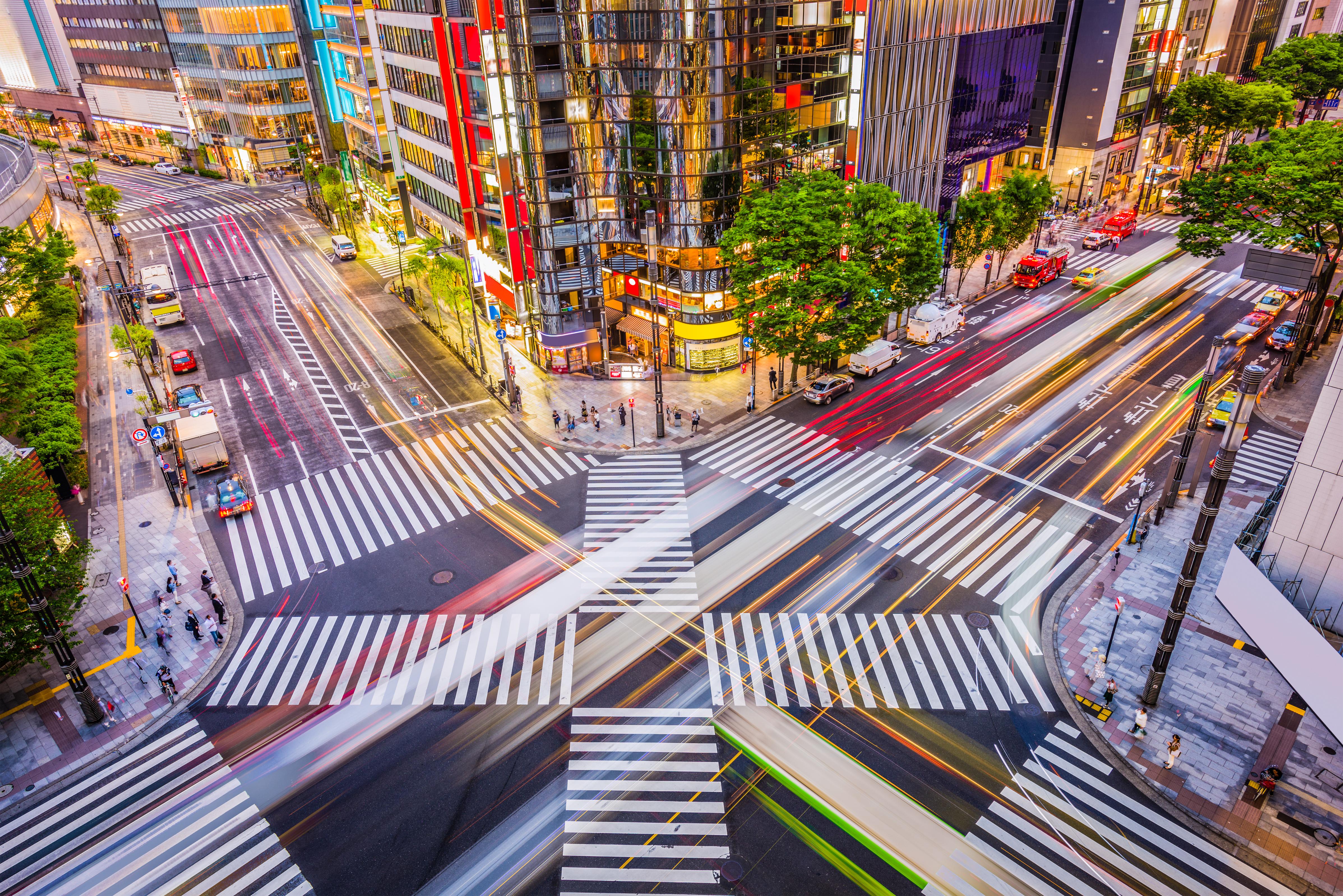
Tokyo stands as a testament to the harmonious blend of technology and tradition, a city where the past and future coexist seamlessly. As one of the world's leading metropolises, Tokyo is at the forefront of technological innovation, boasting an advanced infrastructure that supports a population of over 37 million people. The city's efficient public transportation system, including the iconic Shinkansen bullet trains, is a marvel of engineering that epitomizes speed and reliability. Tokyo's embrace of technology extends to its everyday life, with smart homes, automated services, and AI-driven solutions becoming increasingly commonplace. Yet, what sets Tokyo apart is its ability to preserve its rich cultural heritage amidst its technological advancements. The city's historic temples and shrines, such as the Senso-ji in Asakusa and the Meiji Shrine in Shibuya, offer a serene contrast to the neon-lit streets of Akihabara and Shibuya. Tokyo's commitment to sustainability is evident in its green initiatives, such as the Tokyo Green Building Program, which encourages the construction of eco-friendly buildings. The city's numerous parks and gardens, including the famous Ueno Park and Shinjuku Gyoen, provide a breath of fresh air in the urban jungle. Tokyo's unique fusion of tradition and innovation makes it a must-visit destination for those seeking to experience the future today.
2. Singapore: The Garden City of Tomorrow
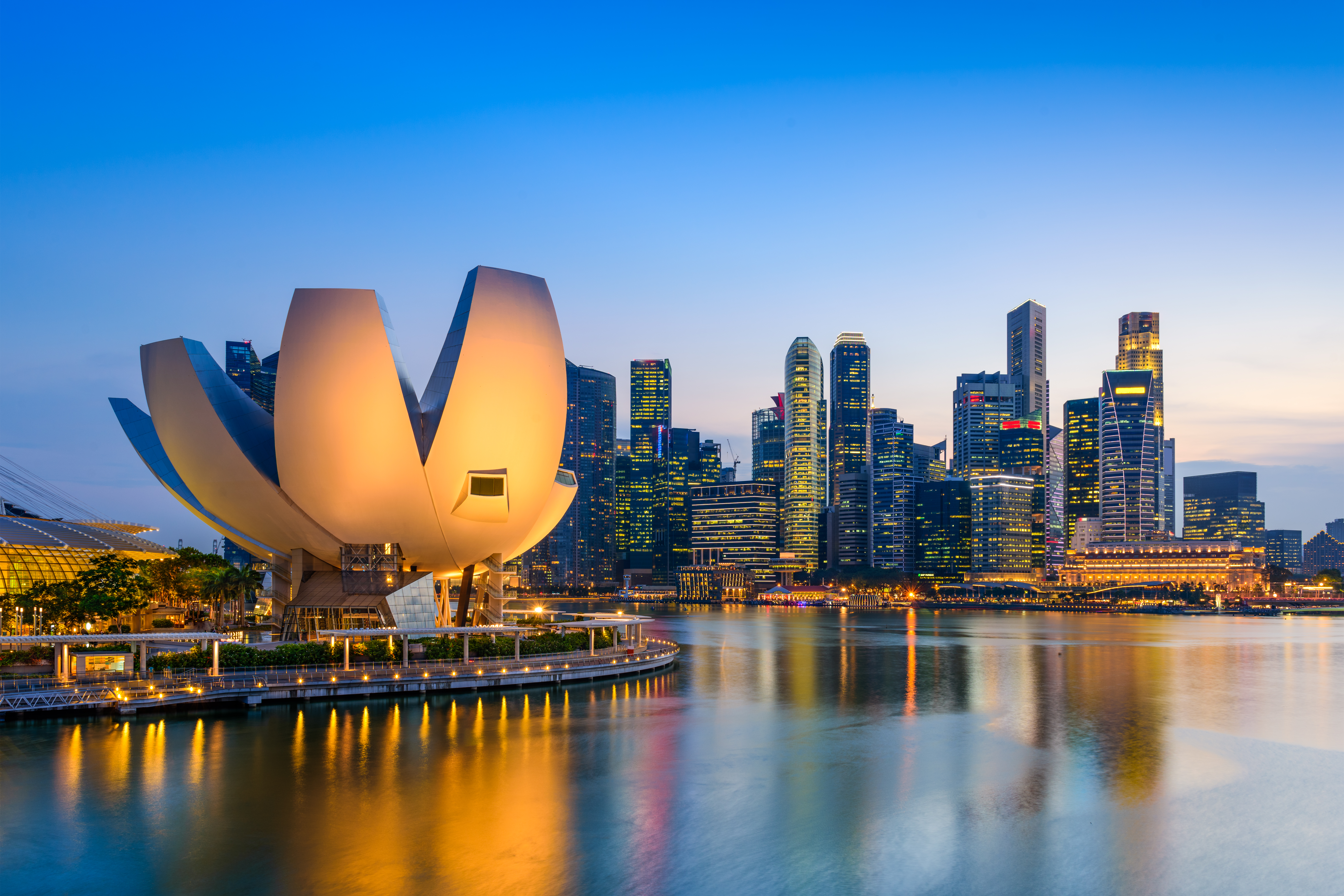
Singapore is often hailed as a model city for sustainable urban development, earning its moniker as the "Garden City." With a visionary approach to urban planning, Singapore has transformed itself into a thriving metropolis that prioritizes green living and environmental sustainability. The city's skyline is punctuated by innovative architectural marvels, such as the Marina Bay Sands and the futuristic Gardens by the Bay, which features the iconic Supertree Grove. These vertical gardens are not only a visual spectacle but also serve as a testament to Singapore's commitment to integrating nature into urban spaces. Singapore's success as a futuristic city is largely attributed to its comprehensive smart city initiatives. The Smart Nation program aims to harness technology to improve the quality of life for its citizens, with projects ranging from smart traffic management systems to digital healthcare solutions. The city-state's emphasis on sustainability is further reflected in its extensive public transportation network, which includes a highly efficient Mass Rapid Transit (MRT) system. Singapore's dedication to creating a sustainable urban environment is evident in its policies promoting green buildings and renewable energy sources. As a pioneer in sustainable urban living, Singapore offers a glimpse into a future where cities can thrive in harmony with nature.
3. Dubai, UAE: The Visionary Metropolis of the Desert
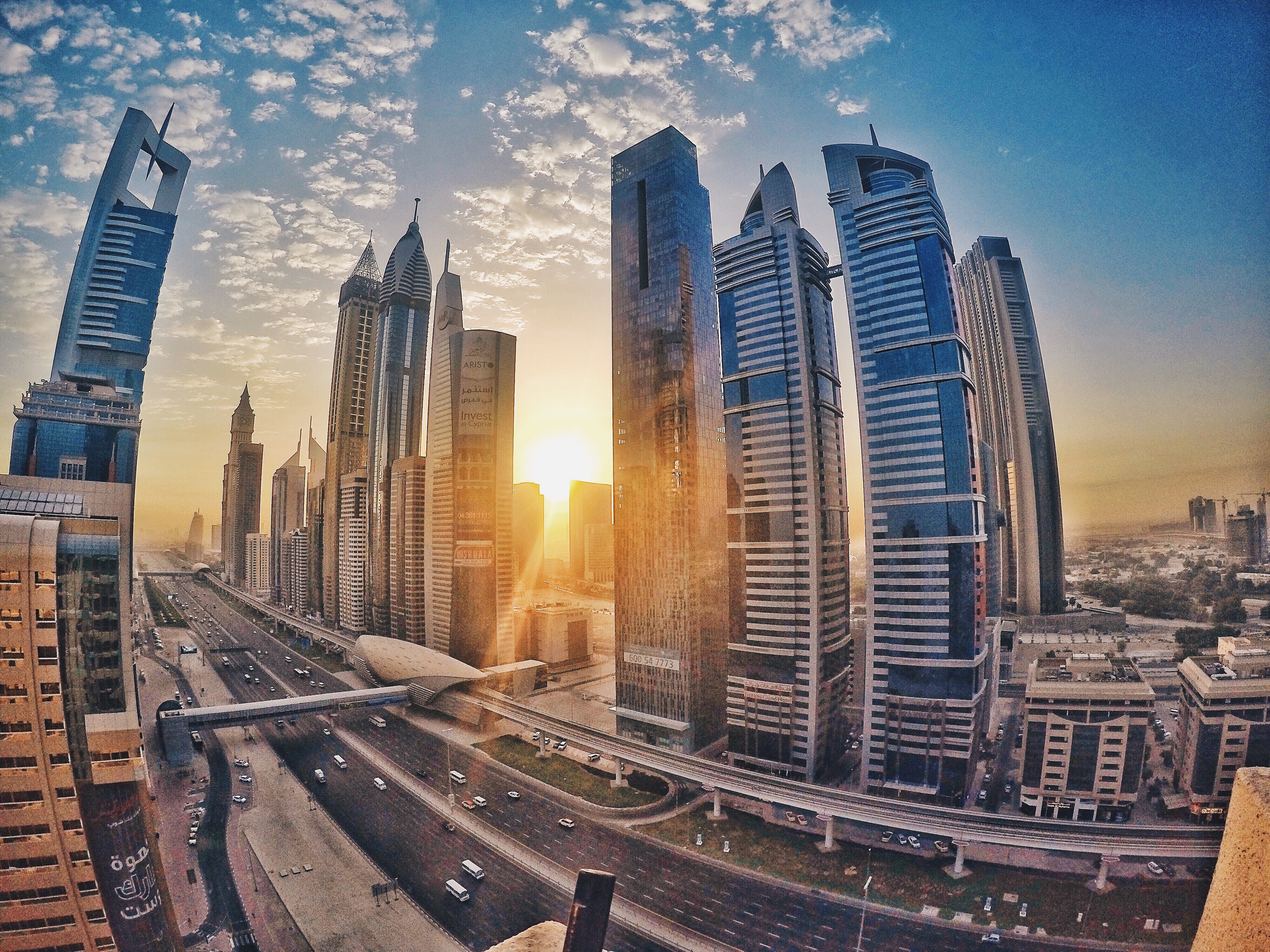
Dubai is a city that defies expectations, rising from the sands of the Arabian Desert to become a beacon of modernity and innovation. Known for its extravagant architecture and ambitious projects, Dubai is a testament to what can be achieved with vision and determination. The city's skyline is dominated by iconic structures such as the Burj Khalifa, the world's tallest building, and the Palm Jumeirah, an artificial archipelago that showcases Dubai's penchant for pushing the boundaries of engineering and design. Dubai's commitment to becoming a futuristic city is evident in its investment in smart city technologies and sustainable development. The Dubai 2021 Plan outlines the city's vision to become a hub for innovation and sustainability, with initiatives focusing on renewable energy, smart transportation, and digital infrastructure. The city is home to the Dubai Future Foundation, an organization dedicated to exploring emerging technologies and their potential impact on society. Dubai's focus on sustainability is further exemplified by the construction of the Dubai Sustainable City, a self-sufficient community that relies on renewable energy and sustainable practices. As a city that continually reinvents itself, Dubai offers a glimpse into a future where ambition knows no bounds.
4. Helsinki, Finland: The Nordic Model of Innovation
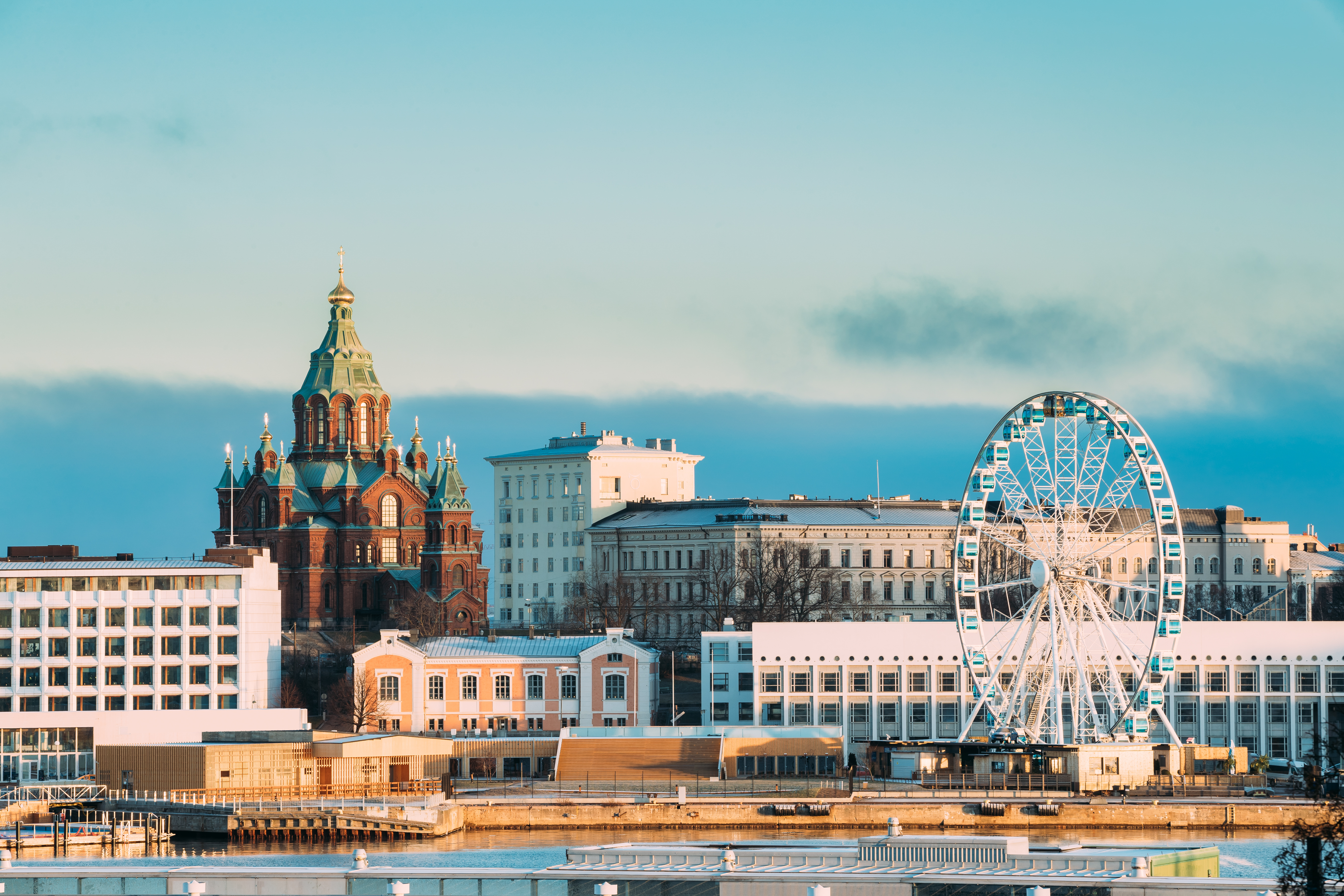
Helsinki, the capital of Finland, is a city that exemplifies the Nordic approach to innovation and sustainability. Known for its high quality of life and progressive policies, Helsinki is at the forefront of creating a smart and sustainable urban environment. The city's commitment to innovation is reflected in its numerous tech startups and research institutions, which contribute to its reputation as a hub for technological advancement. Helsinki's smart city initiatives focus on enhancing the quality of life for its residents through digital solutions, such as smart traffic management systems and e-governance platforms. Sustainability is a core tenet of Helsinki's urban planning, with the city aiming to become carbon neutral by 2035. Initiatives such as the Helsinki Energy Challenge encourage the development of innovative solutions to reduce the city's carbon footprint. Helsinki's extensive public transportation network, which includes trams, buses, and a metro system, is designed to minimize reliance on private vehicles and reduce emissions. The city's emphasis on green spaces, such as the Central Park and the Helsinki Archipelago, provides residents with access to nature and promotes a healthy lifestyle. As a city that balances innovation with sustainability, Helsinki offers a model for future urban development.
5. Songdo, South Korea: The Smart City of the Future
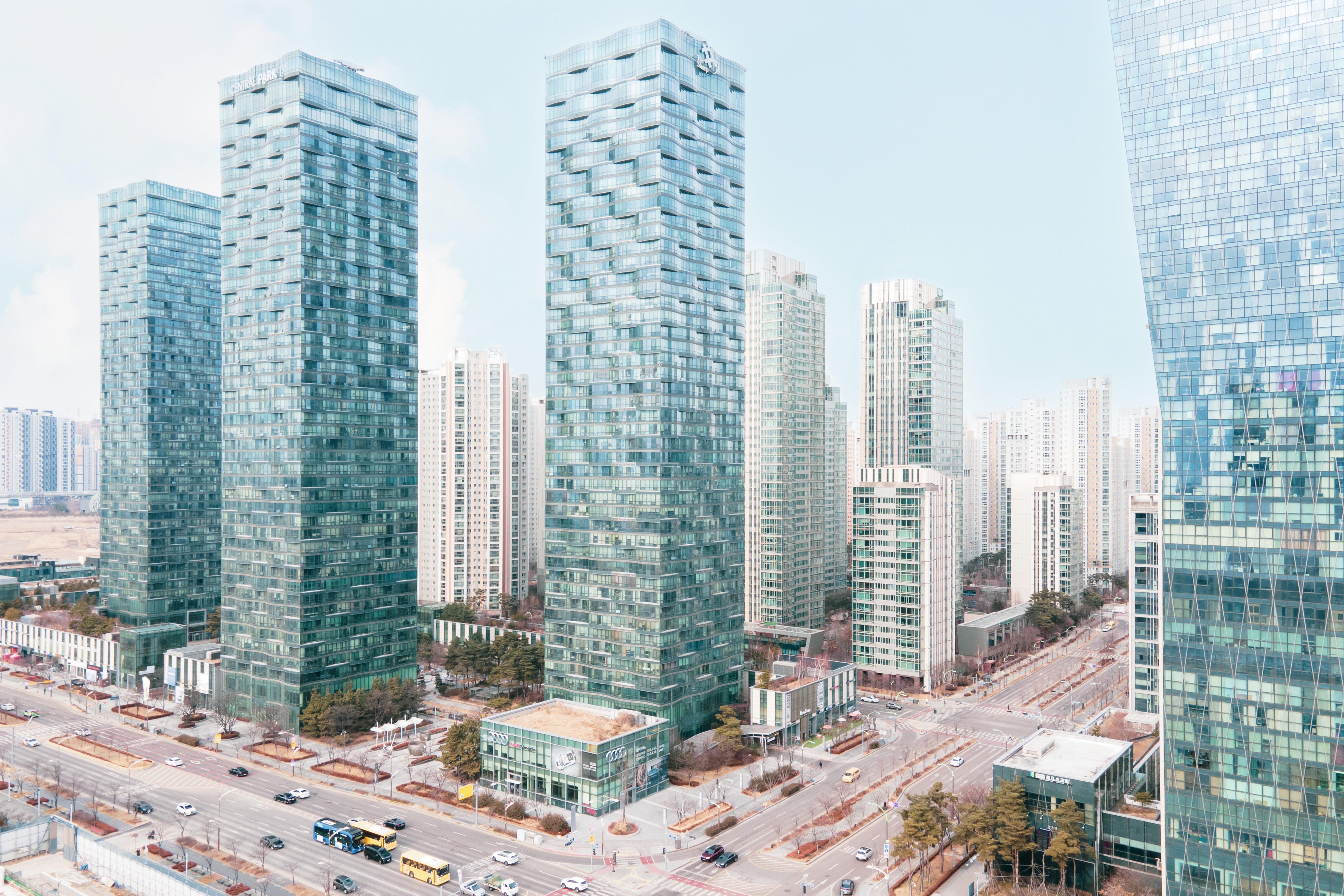
Songdo International Business District, located in Incheon, South Korea, is a city built from scratch with the vision of becoming the world's first smart city. Designed to integrate cutting-edge technology into every aspect of urban life, Songdo is a living laboratory for testing and implementing smart city solutions. The city's infrastructure is equipped with sensors and digital networks that enable real-time monitoring and management of resources, from energy consumption to waste management. Songdo's commitment to sustainability is evident in its green building practices, with over 40% of the city's area dedicated to parks and green spaces. The city is designed to be pedestrian-friendly, with an extensive network of bike paths and walking trails that encourage residents to adopt environmentally friendly modes of transportation. Songdo's public transportation system, which includes a high-speed rail link to Seoul, reduces the need for private vehicles and minimizes emissions. The city's innovative approach to urban planning and technology integration makes it a pioneer in the development of smart cities, offering valuable insights into how cities can leverage technology to create a sustainable future.
6. Masdar City, UAE: A Blueprint for Sustainable Living
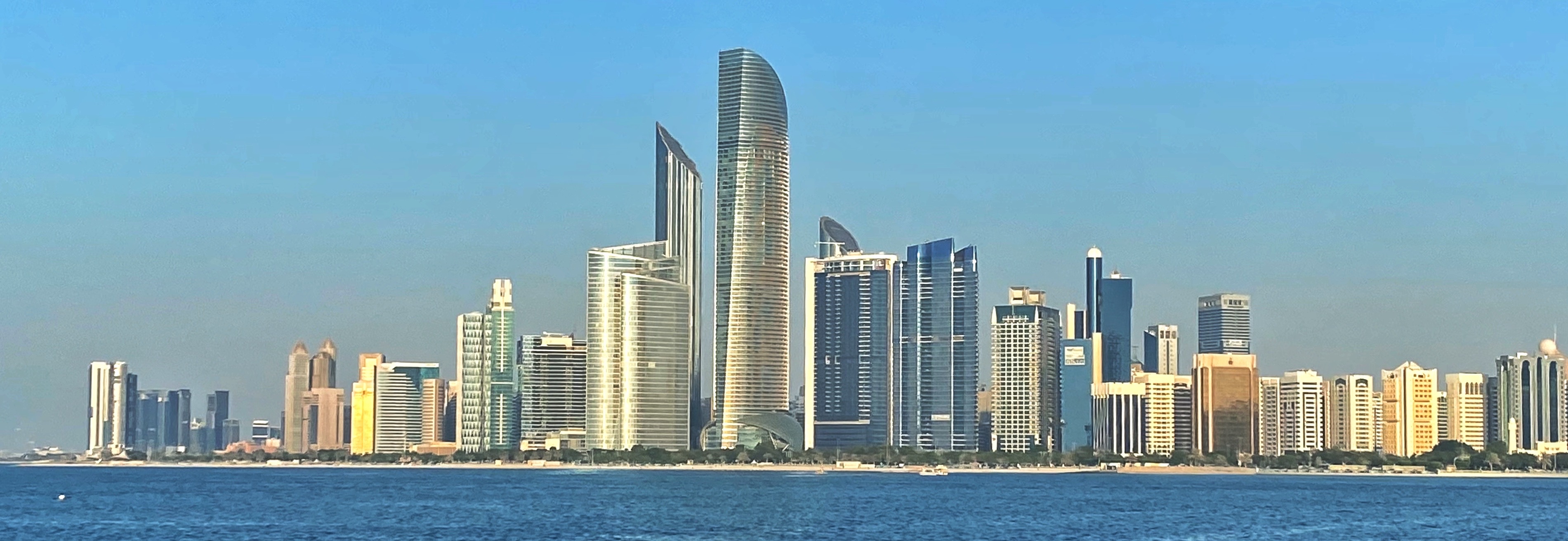
Masdar City, located in Abu Dhabi, United Arab Emirates, is a pioneering project that aims to create a sustainable urban environment powered entirely by renewable energy. As one of the world's most ambitious eco-city projects, Masdar City serves as a blueprint for sustainable living, showcasing the potential of clean technology and innovative urban design. The city is designed to be carbon-neutral, with a focus on reducing energy consumption and minimizing waste. Masdar City's architecture is a testament to its commitment to sustainability, with buildings designed to maximize energy efficiency and minimize environmental impact. The city employs a range of renewable energy sources, including solar power and wind energy, to meet its energy needs. Masdar City's transportation system is designed to be car-free, with electric vehicles and personal rapid transit systems providing environmentally friendly alternatives. The city's emphasis on research and innovation is evident in the presence of institutions such as the Masdar Institute of Science and Technology, which focuses on advancing clean technology and sustainable practices. As a model for sustainable urban development, Masdar City offers valuable lessons for cities around the world seeking to reduce their environmental footprint.
7. Amsterdam, Netherlands: The Bicycle Capital of the World
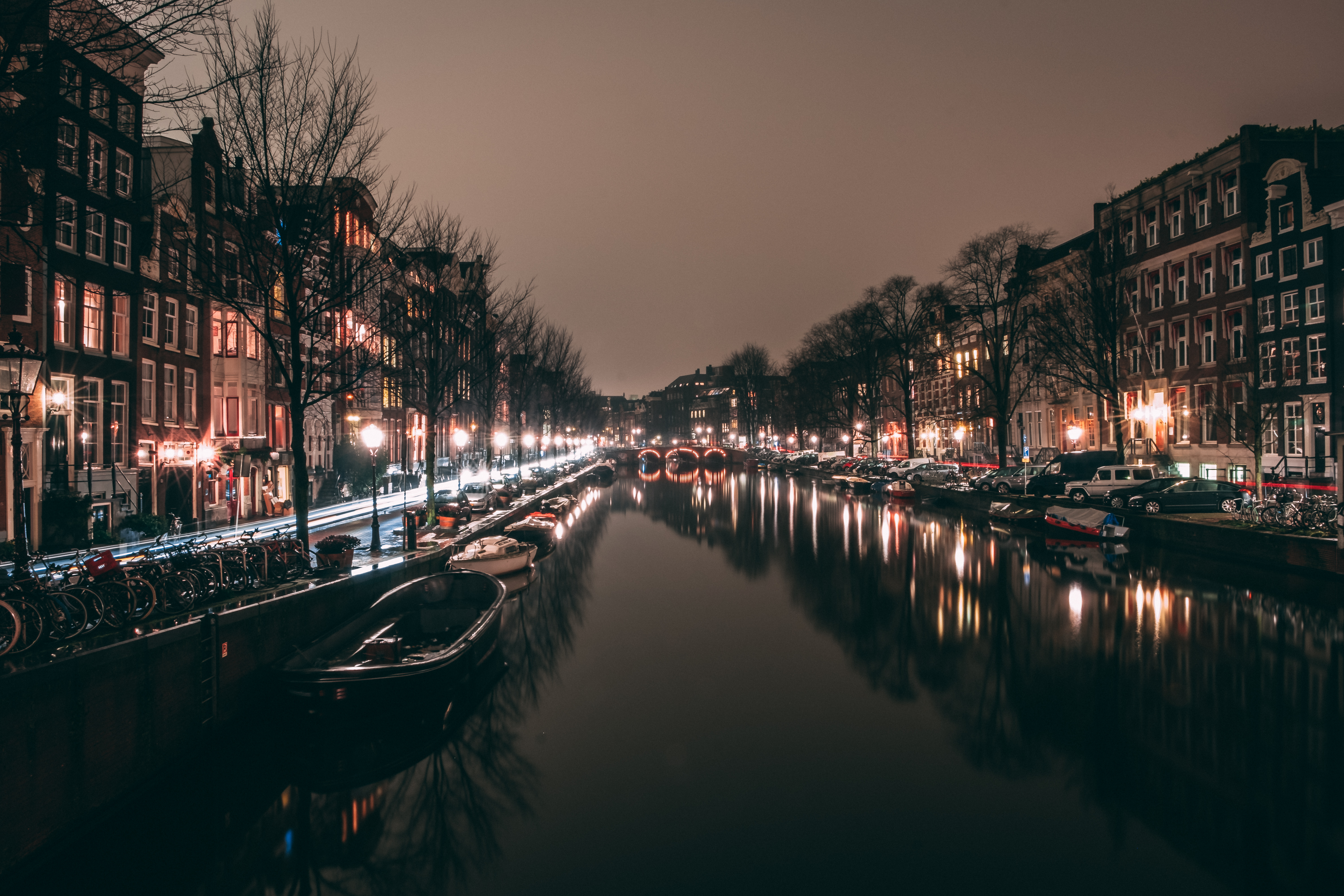
Amsterdam is renowned for its commitment to sustainability and its status as the bicycle capital of the world. The city's extensive network of bike paths and cycling infrastructure makes it one of the most bike-friendly cities globally, promoting a healthy and environmentally friendly mode of transportation. Amsterdam's dedication to sustainability extends beyond cycling, with initiatives aimed at reducing emissions and promoting renewable energy sources. The city's smart city initiatives focus on leveraging technology to improve the quality of life for its residents. Projects such as the Amsterdam Smart City platform encourage collaboration between government, businesses, and citizens to develop innovative solutions for urban challenges. Amsterdam's commitment to sustainability is further reflected in its green building practices and efforts to promote energy efficiency. The city's extensive public transportation network, which includes trams, buses, and ferries, provides residents with convenient and sustainable alternatives to car travel. As a city that prioritizes sustainability and innovation, Amsterdam offers a model for future urban development that balances environmental responsibility with technological advancement.
8. Toronto, Canada: A Hub for Innovation and Diversity
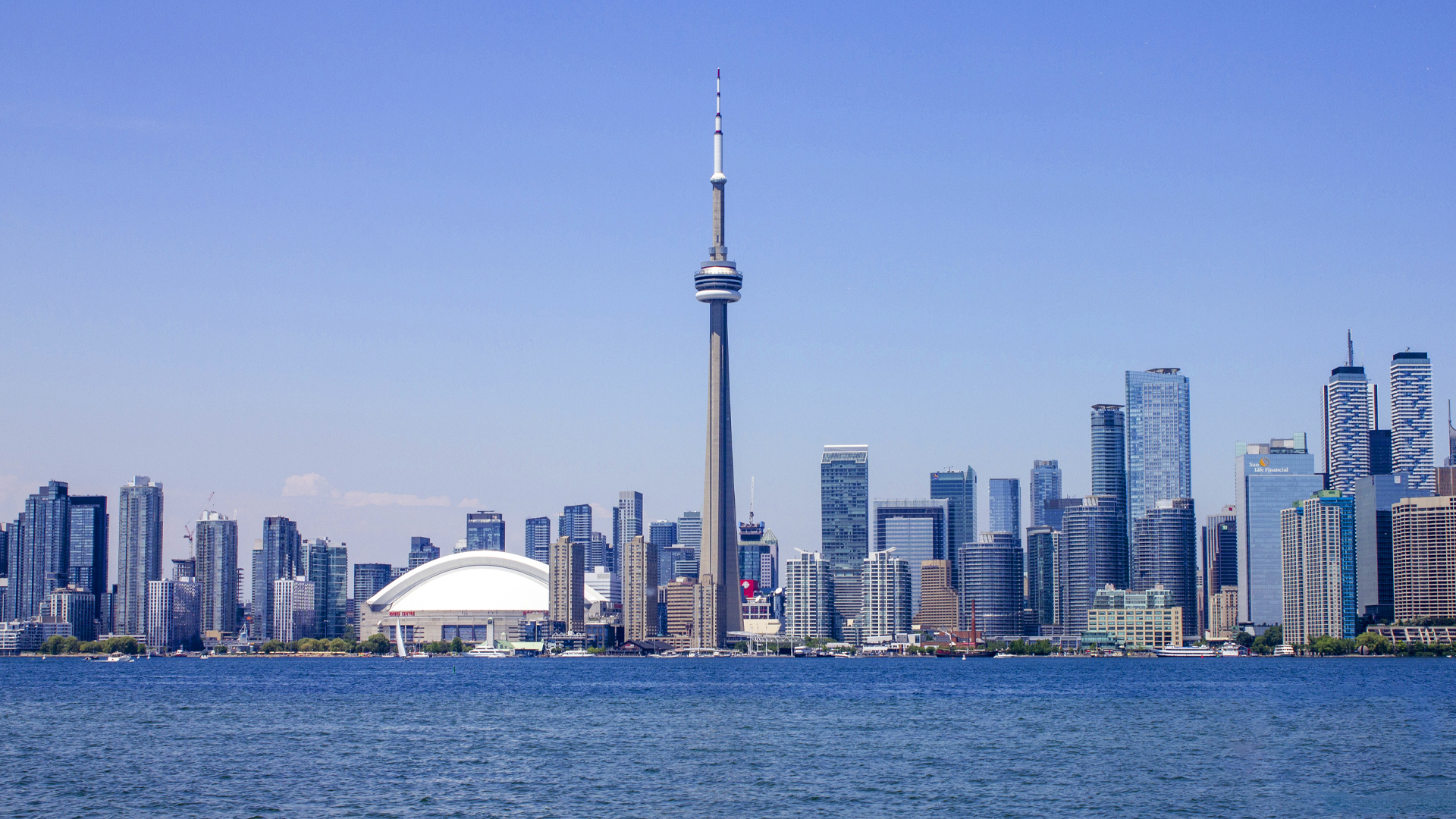
Toronto, Canada's largest city, is a vibrant metropolis known for its cultural diversity and commitment to innovation. As a hub for technology and research, Toronto is home to numerous tech startups and research institutions that contribute to its reputation as a leader in innovation. The city's smart city initiatives focus on leveraging technology to enhance the quality of life for its residents, with projects ranging from smart traffic management systems to digital healthcare solutions. Toronto's commitment to sustainability is evident in its efforts to promote green building practices and reduce emissions. The city's extensive public transportation network, which includes subways, buses, and streetcars, provides residents with convenient and sustainable alternatives to car travel. Toronto's emphasis on green spaces, such as High Park and the Toronto Islands, offers residents access to nature and promotes a healthy lifestyle. As a city that embraces diversity and innovation, Toronto offers a model for future urban development that prioritizes inclusivity and sustainability.
9. San Francisco, USA: The Tech Capital of the World
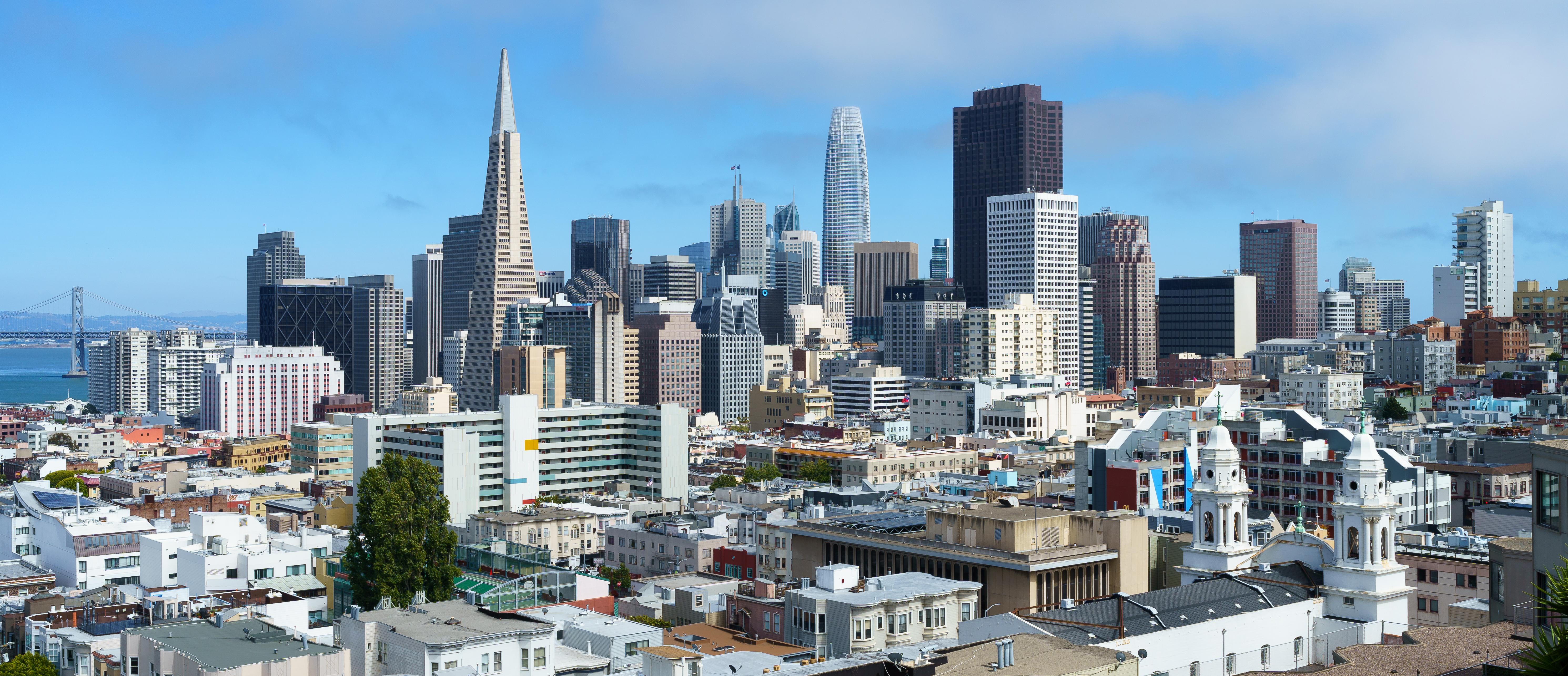
San Francisco, located in the heart of Silicon Valley, is synonymous with technological innovation and entrepreneurship. As a global hub for technology and research, San Francisco is home to some of the world's leading tech companies and startups, driving advancements in fields ranging from artificial intelligence to biotechnology. The city's commitment to innovation is reflected in its numerous research institutions and tech incubators, which foster a culture of creativity and collaboration. San Francisco's dedication to sustainability is evident in its efforts to promote renewable energy and reduce emissions. The city's extensive public transportation network, which includes buses, light rail, and ferries, provides residents with convenient and sustainable alternatives to car travel. San Francisco's emphasis on green building practices and energy efficiency further reflects its commitment to creating a sustainable urban environment. As a city that embraces innovation and sustainability, San Francisco offers a model for future urban development that prioritizes technological advancement and environmental responsibility.
10. Curitiba, Brazil: The Pioneer of Urban Planning
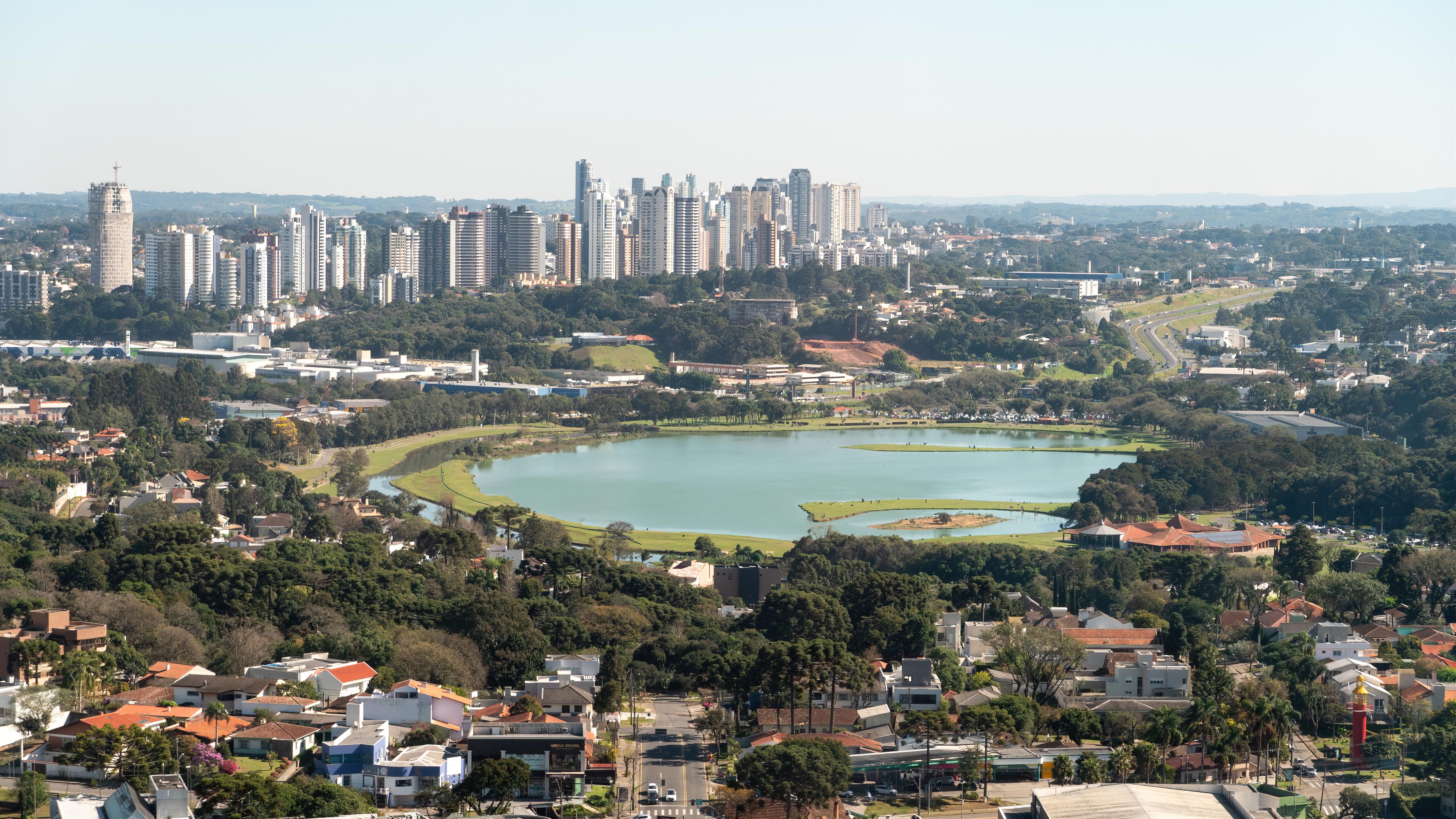
Curitiba, the capital of the Brazilian state of Paraná, is renowned for its innovative approach to urban planning and sustainability. As a pioneer in sustainable urban development, Curitiba has implemented a range of initiatives that prioritize environmental responsibility and quality of life for its residents. The city's extensive public transportation network, which includes an innovative bus rapid transit (BRT) system, provides residents with convenient and sustainable alternatives to car travel. Curitiba's commitment to sustainability is further reflected in its green building practices and efforts to promote energy efficiency. The city's emphasis on green spaces, such as the Botanical Garden and the Barigui Park, offers residents access to nature and promotes a healthy lifestyle. Curitiba's innovative approach to urban planning and sustainability has earned it international recognition as a model for future urban development. As a city that prioritizes environmental responsibility and quality of life, Curitiba offers valuable lessons for cities around the world seeking to create a sustainable urban environment.
A Glimpse into the Future
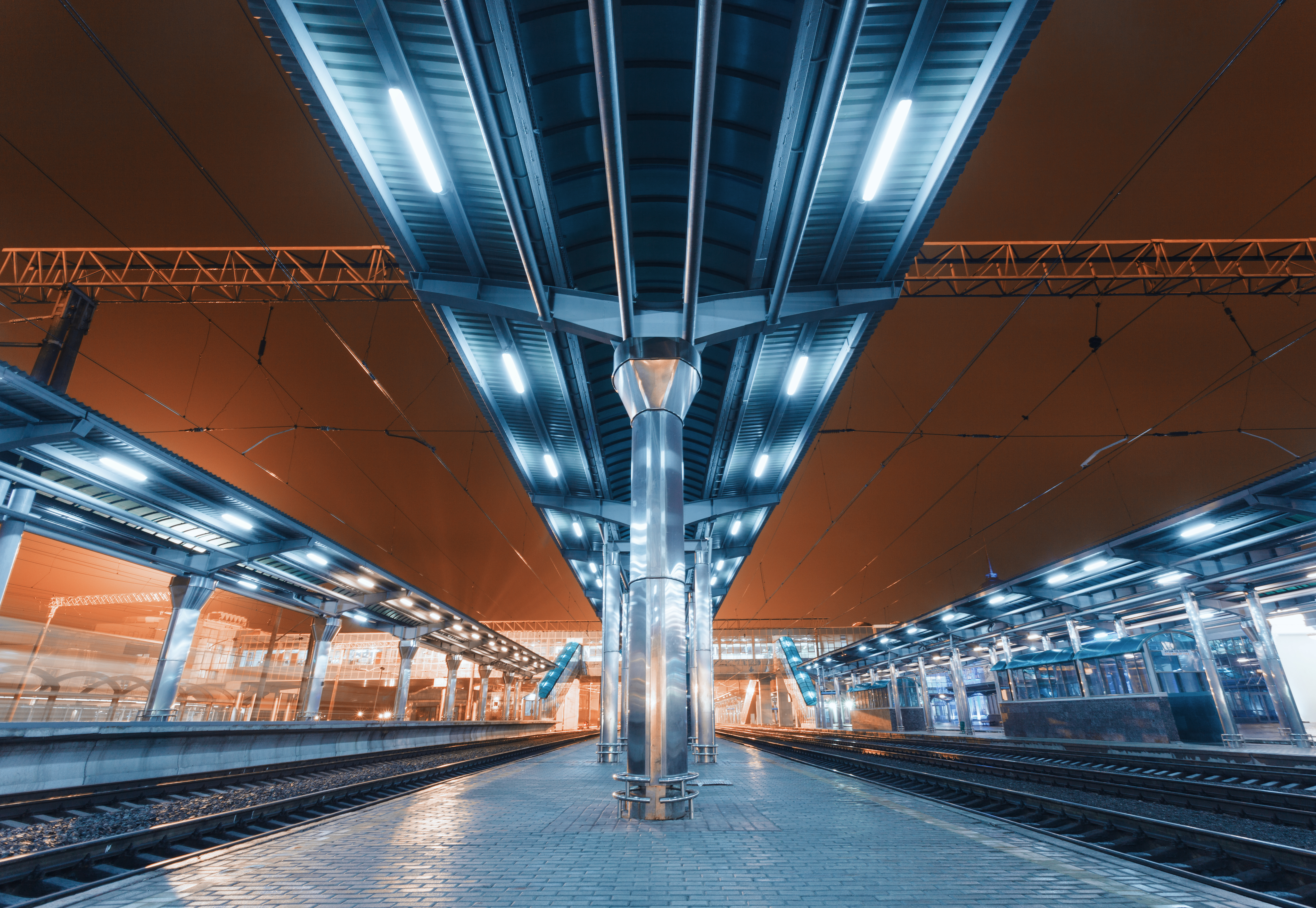
The cities highlighted in this article represent the forefront of urban innovation and sustainability, offering a glimpse into the future of urban living. Each city, with its unique approach to integrating technology and sustainability, provides valuable insights into how urban centers can evolve to meet the challenges of the future. From Tokyo's seamless blend of tradition and technology to Masdar City's commitment to renewable energy, these cities are setting the standard for what the urban centers of tomorrow should aspire to be. As we look towards the future, it is clear that the cities of tomorrow will be defined by their ability to balance technological advancement with environmental responsibility. The lessons learned from these pioneering cities can serve as a blueprint for future urban development, guiding cities around the world in their efforts to create sustainable, livable environments for their residents. By embracing innovation and sustainability, we can create a future where cities thrive in harmony with nature, offering a better quality of life for all.








